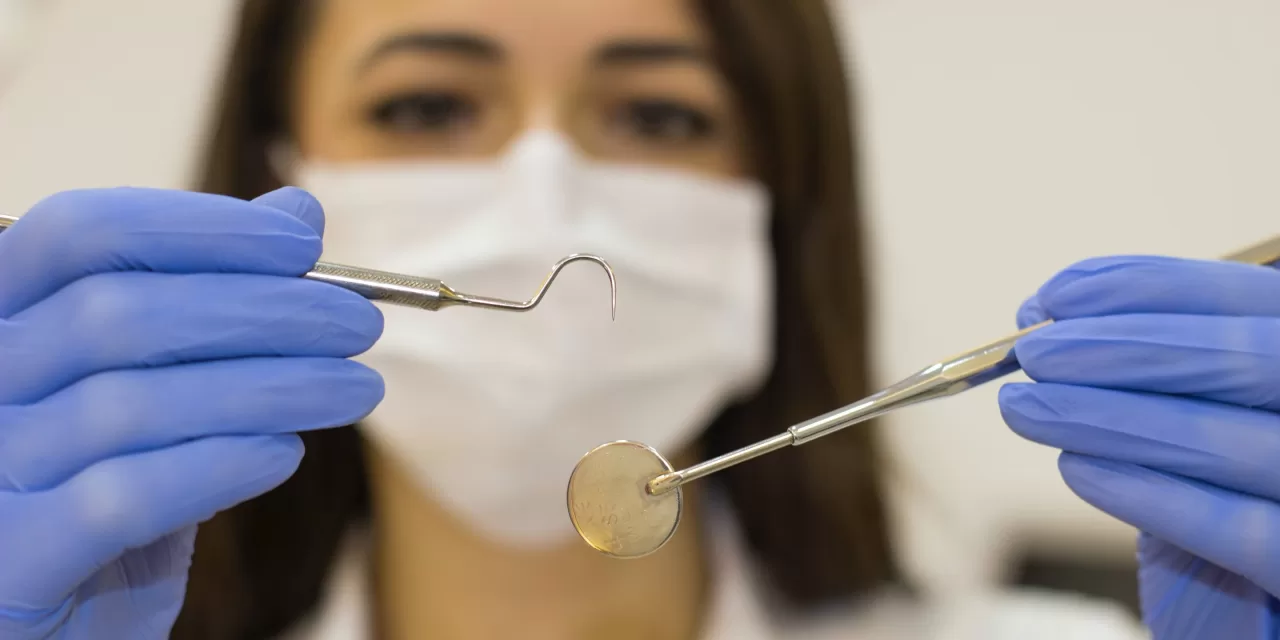Manchester, UK – Researchers at The University of Manchester have unveiled a series of targeted strategies to address the widespread issue of tooth decay among young children in England. Highlighting the urgent need for action, the study, published by Policy@Manchester, reveals that up to 50% of 5-year-olds suffer from untreated dental caries, often resulting in severe pain and hospital-based extractions under general anesthesia.
The research team—Dr. George Kitsaras, Dr. Michaela Goodwin, and Professor Tanya Walsh—emphasized the importance of family-focused interventions, noting that parental involvement can lead to sustained improvements in oral health habits for children and their families.
Key Interventions to Improve Oral Health
The University’s Dental Health Unit, in collaboration with Manchester’s Oral Health Improvement Team and supported by the Medical Research Council, conducted three pivotal projects aimed at fostering healthier oral care routines:
- BRIC (Bedtimes Routines Intervention for Children)
This initiative used a text message-based approach, co-developed with parents, to encourage nighttime brushing and reduce sugar intake. Findings showed a 16% increase in nighttime brushing and a 24% decrease in sugary snacks and drinks before bed. Additionally, families reported improved mood and bedtime routines. - Leapfrog Programme
Targeting primary schools in Manchester’s most affected areas, Leapfrog integrated oral health activities, provided toothbrushes, and sent supportive text messages to families. The program significantly increased the number of children brushing twice daily by the end of the study. - HeRo (Healthy Routines, Healthy Teeth)
This ongoing community initiative focuses on providing oral hygiene kits and fostering healthy habits for newborns in high-need areas.
Recommendations for Policymakers
Based on their research, the authors outlined several principles for effective oral health interventions:
- Community-Driven Design: Interventions should be co-developed with target populations from the outset to ensure relevance and impact. A “one-size-fits-all” approach is inadequate for addressing diverse needs.
- Sustained, Evidence-Based Approaches: Policymakers must allocate sufficient funding and resources, recognizing that habit formation and behavioral change require time.
- Thoughtful Use of Technology: Digital tools should be employed with clear objectives, tailored to specific demographics and contexts.
- School-Based Integration: Oral health initiatives should be seamlessly incorporated into school activities, using class-based exercises to encourage participation.
A Path to Healthier Futures
By prioritizing tailored, family-oriented strategies, the researchers hope to create lasting change in communities most affected by dental health disparities. “Positive changes take time,” they noted, urging policymakers to commit to long-term solutions that support sustained behavior change.
As these initiatives continue to gain traction, they signal a promising future for reducing tooth decay and improving overall well-being for children and their families across England.











